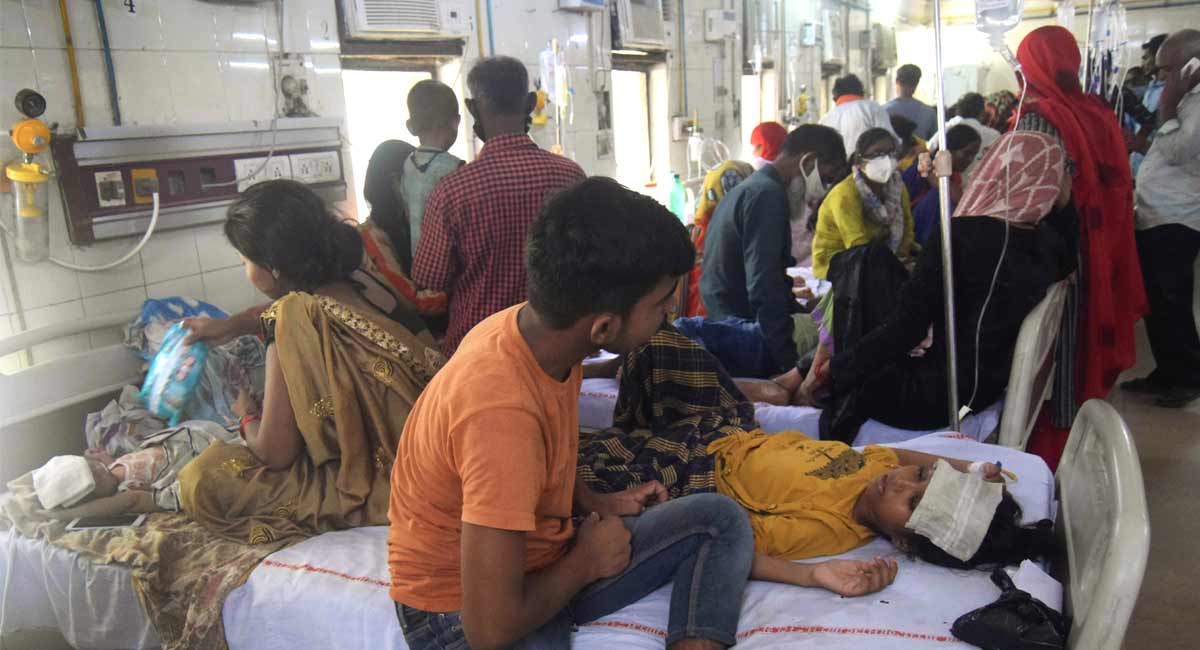Two hospitals in Delhi report cases of scrub typhus among children
17 September, 2021 | Vaishali Sharma

Scrub typhus is a bacterial illness that has been detected in children at two hospitals in the national capital. Another patient was treated at Aakash Healthcare in Dwarka, while the first was trea...
Scrub typhus is a bacterial illness that has been detected in children at two hospitals in the national capital.
Another patient was treated at Aakash Healthcare in Dwarka, while the first was treated at Chacha Nehru Bal Chikitsalaya.
A senior doctor at the Chacha Nehru Bal Chikitsalaya said the patient who came to the hospital was treated through oral medication.
Dr Meena J, consultant, Dept of Paediatrics, Akash Healthcare said a child aged around six was treated for scrub typhus at the hospital.
The child had a fever for two weeks and was diagnosed with scrub typhus after a blood test. He didn’t have a severe infection and was discharged after treatment through oral medication, he said.
Dr Manish Mannan, Head of Department, Paediatrics and Neonatology, Paras Hospitals, Gurugram, said the symptoms of scrub typhus are similar to that of dengue.
“If the fever is not managed in time, then it can even cause a child to die. The mortality rate is one to 50 per cent. It is transmitted by mites,” he said.
According to Dr Vineeta Singh Tandon, consultant, internal medicine, the PSRI Hospital, the symptoms of scrub typhus usually start showing within seven to 10 days of the mite bite. They manifest as fever, body ache, headache, abdomen pain and vomiting.
In some cases, breathing discomfort, altered sensorium, confusion and severe cough may also be seen, she said.
“These are caused when the major organs of the body are affected, leading to various complications like myocarditis (heart), hepatitis (liver), meningitis (brain) and kidney injury,” Tandon said.
So far, there is no vaccine for scrub typhus. Children should avoid areas with heavy vegetation and bushes where mites can be found and cover their bodies fully as a precaution against this disease.










